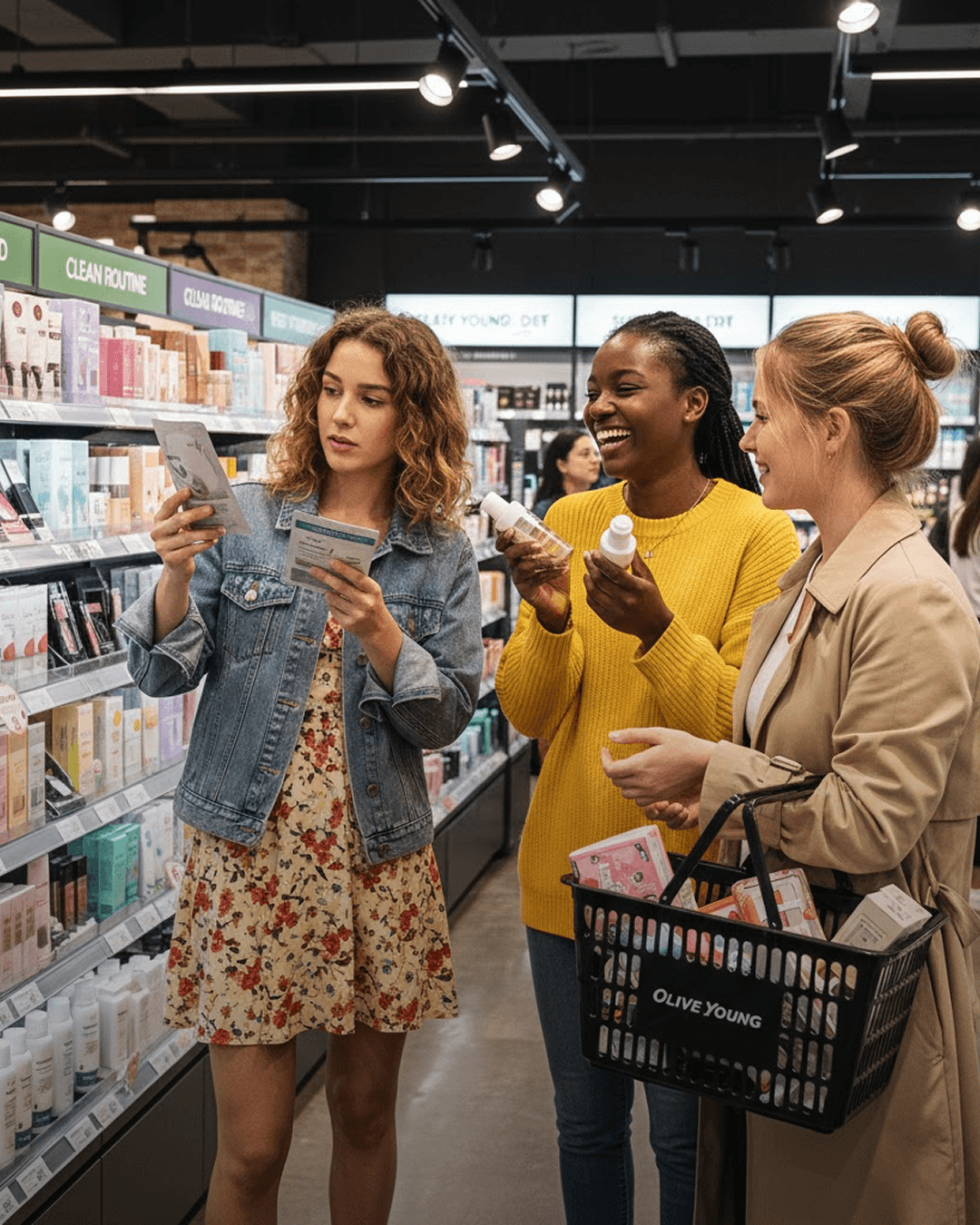.jpg&w=3840&q=100)
Korean Haircare: From Skincare’s Success Formula to Seapuri Wholesale Opportunities
Published: 2025.09.23
Last updated: 2026.02.05
TikTok Momentum and Market Expansion
Consumer interest in Korean skincare is now expanding into Korean haircare, and the numbers show this is more than a passing trend. On TikTok, the hashtag #Koreanhaircare has surged with a 49% increase in video views and a 76% jump in the number of videos over the last two months, reflecting how global consumers are treating haircare as the natural extension of their skincare routine.
Just as Korean skincare built its reputation on innovative ingredients—mixing traditional herbal extracts with trending actives—haircare brands are now adopting the same formula for scalp and hair solutions. This makes sense given the consumer perception that if Korean companies could revolutionize skincare, they can bring the same expertise and credibility to scalp care.
Data reinforces this momentum: the South Korean haircare market is projected to be worth USD 1.33 billion by 2025 and is forecasted to reach USD 1.76 billion by 2030, growing steadily at a 5.7% CAGR (Mordor Intelligence). The premium segment is expanding even faster at a 6.75% CAGR, which highlights how buyers are no longer satisfied with basic shampoos—they want scalp tonics, serums, and functional treatments that promise results while maintaining ingredient safety.
Perfume Boom and Dual Positioning
One factor fueling this expansion is the global perfume boom, which reached USD 56.98 billion in 2022 and is expected to grow at nearly 5.9% CAGR through 2030 (Grand View Research). Korean haircare has historically emphasized fragrance, and now products are being marketed not only as functional scalp care but also as an extension of personal identity, allowing consumers to carry their own signature scent through shampoos and treatments.
This dual positioning of function plus fragrance sets Korean haircare apart from many global competitors. In the past, the category was largely dominated by well-established mass-market names such as MISE-EN-SCÈNE, but today indie players are gaining traction. Unove highlights sensorial appeal by linking scent with performance, Aromatica leans toward sustainability and scalp wellness over styling, and Seapuri has positioned itself directly on functionality—building its brand around scalp relief, anti-hair-loss benefits, and ingredient clarity, with “minoxidil-free” claims and “no parabens, no silicones” formulations resonating strongly with ingredient-conscious buyers.
Seapuri: Rising in Korean Haircare
K-Haircare is rapidly expanding beyond traditional names, and Seapuri is one of the indie brands gaining visibility in the scalp-care segment. With consumer demand shifting toward functional and gentle solutions, Seapuri has become recognized for its focus on soothing and anti-hair-loss care.
The brand’s Scalpy Hair Serum (20ml) is formulated with dexpanthenol, salicylic acid, and L-menthol to deliver cooling and soothing effects on the scalp. It is marketed as minoxidil-free and free from parabens and silicones, aligning with ingredient-conscious consumers who seek scalp health over styling.
Seapuri products are available for wholesale purchase through SEOUL4PM, where buyers can access product details, trade documentation, and order directly.


.png&w=3840&q=100)
.png&w=3840&q=100)

